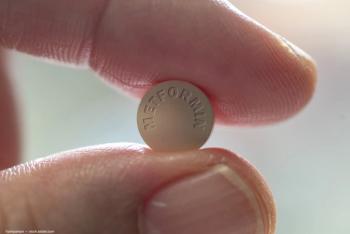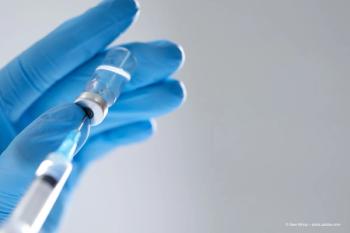
Managing Retinal Disorders: Lessons Learned From COVID-19
The impact of the COVID-19 pandemic on the management of patients with retinal disorders and considerations for how new practices may be adopted into future practice.
Episodes in this series

Albert J. Augustin, MD: As a concluding remark: We have all been affected by the COVID-19 pandemic, and our retinal practices have changed dramatically. What will last from this experience and from the changes in our practices?
Mariya Moosajee, MBBS, BSc, PhD, FRCOphth: My cohort of patients were deemed nonurgent in the pandemic. So a lot of the practitioners were told to cancel appointments to allow for capacity for AMD [age-related macular degeneration] and the serious diabetic patients. However, I quickly converted to virtual consultations. Especially in genetics, what we call teleogenetics, is extremely accessible through virtual platforms. Virtual consultations are something that we will continue to do going forward. From an inherited eye disease point of view, we can limit the amount of follow-ups that we give patients and maybe try to reduce that referral to a specialist center, but have joint care with local district general hospitals so patients aren’t traveling so much. Maybe we can introduce home monitoring and use digital technologies moving forward. We can also instigate more diagnostic hubs in local areas, where patients can get their autofluorescence and OCT [optical coherence tomography], then we, as clinicians, can remotely monitor those patients following up with more virtual consultations.
Albert J. Augustin, MD: Thank you.
Transcript edited for clarity.
Newsletter
Keep your retina practice on the forefront—subscribe for expert analysis and emerging trends in retinal disease management.

































